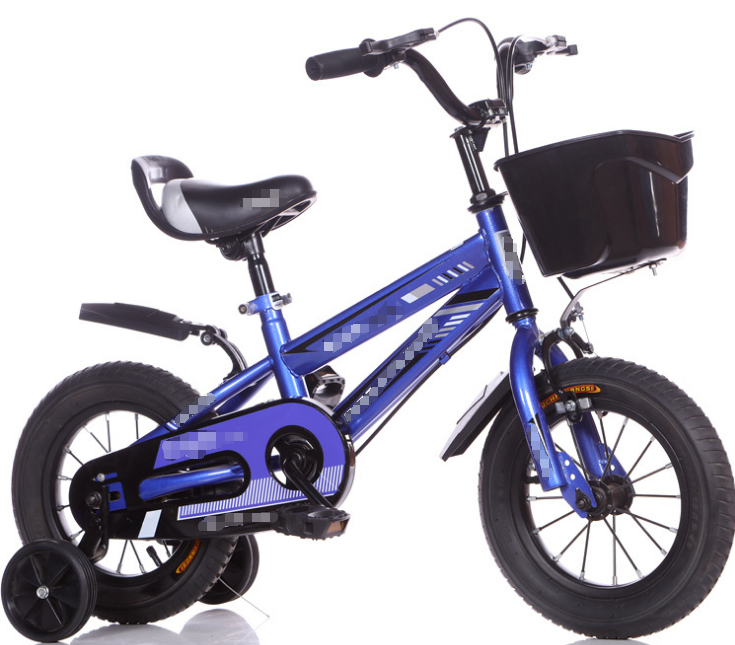12 月 . 03, 2024 18:49 Back to list
baby bike factory factories
The Rise of Baby Bike Factories A Revolution in Early Childhood Mobility
In the last decade, there has been a significant shift in how parents perceive mobility for their young children. The introduction of baby bikes—small, safe bicycles designed for toddlers and infants—has not only revolutionized how children engage with their environments but has also birthed a new industry baby bike factories. These specialized manufacturing units focus on producing high-quality, safety-oriented bicycles tailored for the youngest riders, marking a trend that emphasizes early mobility and independence.
Understanding the Baby Bike Phenomenon
Baby bikes, often referred to as balance bikes, are designed to help children as young as 18 months learn to balance before transitioning to traditional pedal bicycles. Unlike standard bikes, balance bikes do not have pedals; instead, children propel themselves forward using their feet, allowing them to master the fundamental skill of balance. As a result, baby bikes have become immensely popular, encouraging movement and exploration at an age when gross motor skills are rapidly developing.
The Role of Baby Bike Factories
The rise in demand for baby bikes has led to the establishment of numerous specialized factories worldwide. These factories are dedicated to producing bikes that meet stringent safety standards while also being lightweight, durable, and aesthetically pleasing. Key aspects of manufacturing baby bikes involve the selection of materials that can withstand the rough and tumble of toddler adventures but are also safe for children in case of accidents.
Innovation and Design
At the core of baby bike factories is innovation. Manufacturers are continually experimenting with new designs and materials to enhance bike performance and safety. For instance, many companies have begun using eco-friendly materials like bamboo or recycled plastics, responding to the growing concern about sustainability among consumers. Additionally, factories are now incorporating features such as adjustable seats, softer grips, and puncture-proof tires, catering to the diverse needs of young riders and their guardians.
baby bike factory factories

One popular trend in baby bike design is customization. Many factories offer parents the ability to personalize bikes with unique colors, designs, and accessories. This not only appeals to children’s desire for individuality but also helps parents feel connected to the products they choose for their young ones. Customization fosters a sense of ownership, making children more excited to ride their bikes and explore their surroundings.
Safety First
The safety of children remains paramount in the design and production processes of baby bike factories. Manufacturers rigorously test their products to ensure they meet international safety standards. This includes using soft, rounded edges to minimize injury during falls and implementing effective braking systems that are easy for young children to manage. Factory protocols often require that each bike undergoes a series of safety checks before it leaves the production line, ensuring parents can feel confident in their purchase.
Social and Developmental Impact
The introduction and proliferation of baby bike factories have significant implications for child development. Riding a bike promotes physical activity, helping children develop coordination, balance, and strength. Moreover, it encourages outdoor play, which is increasingly crucial in an age where screens dominate children's attention. The ability to ride a bike fosters a sense of independence and confidence as young children learn to navigate their world more freely.
Moreover, the social aspect of riding cannot be overlooked. Baby bikes offer a platform for children to interact with their peers, building friendships through shared activities. Many communities have also organized playgroups and riding clubs for young children, further enhancing social development.
Conclusion
As the baby bike industry continues to grow, driven by innovation and consumer demand, baby bike factories stand at the forefront of this exciting movement. These specialized manufacturers not only make it possible for children to take their first steps toward independence but also help shape a generation that values exploration, physical activity, and sustainable practices. With an emphasis on safety, quality, and creativity, baby bike factories are paving the way for a healthier, more adventurous future for our little ones.
-
Children Tricycle Factory Custom Designs & Safety Certified
NewsMay.30,2025
-
Best Scooters for Teens Top-Rated, Safe & Durable Rides for 2023
NewsMay.30,2025
-
Affordable Mini & Baby Bicycle Prices Best Deals & Discounts
NewsMay.29,2025
-
20-Inch Kids Tricycle Adjustable Seat, Safe & Durable Design
NewsMay.29,2025
-
20 Inch Kids Bikes Lightweight, Adjustable & Durable Designs
NewsMay.29,2025
-
Magnesium disc Bicycle wholesale children bicycle wholesale children mountain balance bicycle
NewsMar.07,2025
